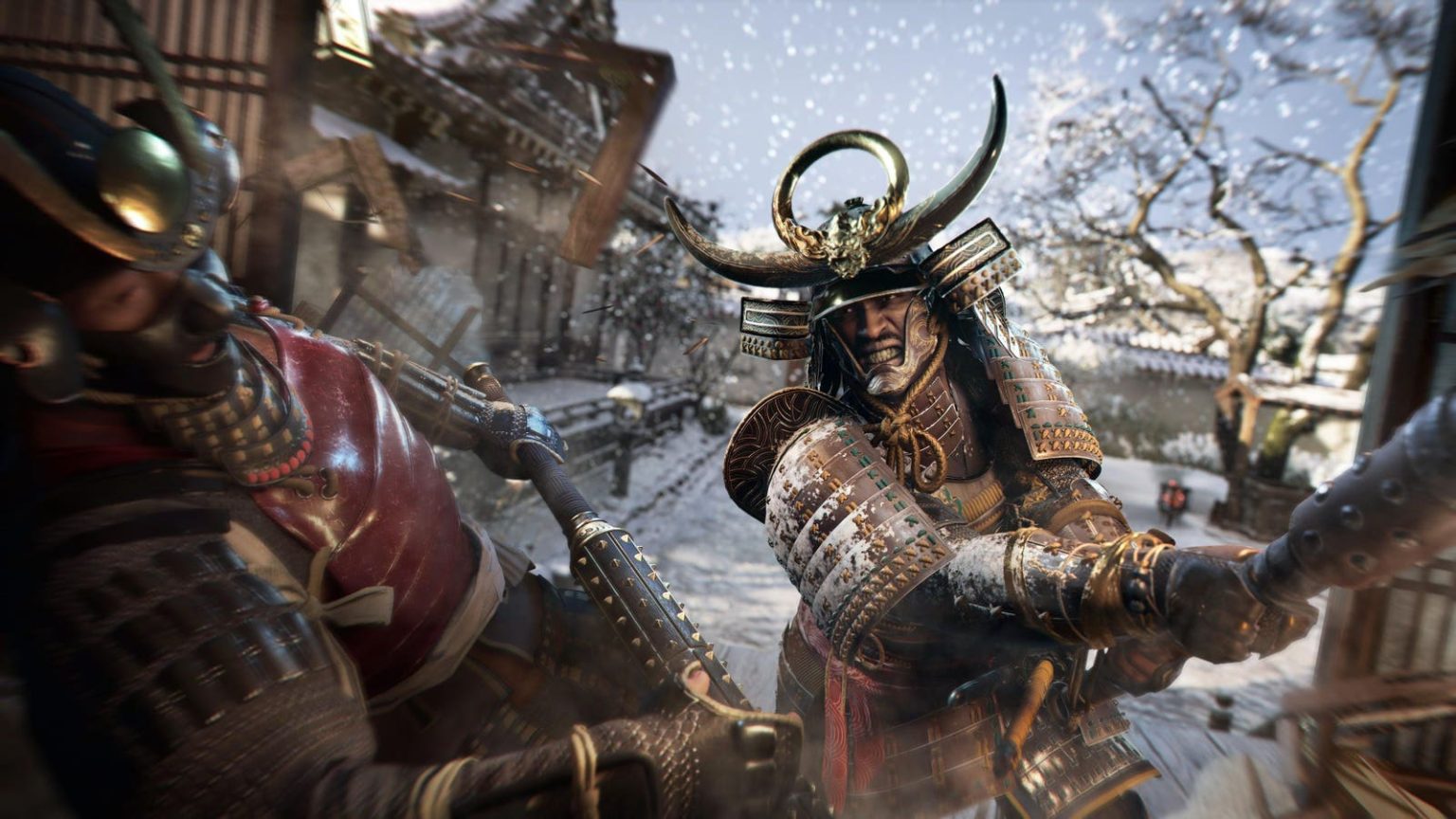The highly anticipated Assassin’s Creed Shadows trailer has been released, revealing a setting in feudal Japan. However, some Japanese gamers are confused by the inclusion of Yasuke, a historical figure of African origin from the 16th century. While Yasuke’s mysterious background allows for creative storytelling, it also raises concerns about historical accuracy.
Japanese gamers have long awaited an Assassin’s Creed game set in Japan, known for its ninjas and stealth culture. The game features a ninja protagonist from Iga, a region renowned as the birthplace of the ninja. While this aspect of the game aligns with expectations, the inclusion of Yasuke as a samurai has raised questions about narrative consistency.
Yasuke has been depicted in various works, including anime like Afro Samurai and Yasuke on Netflix, portraying him as a fictional samurai. However, the historical context of the Assassin’s Creed series, which typically maintains fidelity to historical events, has led Japanese fans to question the portrayal of Yasuke. The decision to deviate from historical accuracy has sparked controversy and confusion among gamers.
The introduction of Yasuke as a samurai in the game has led to an online debate among Japanese fans and even resulted in an edit war on Wikipedia. This contentious issue has highlighted the importance of accuracy in historical storytelling, especially in a series known for its meticulous attention to detail. While some players may not be bothered by the creative liberties taken with Yasuke’s character, others are disappointed by the departure from historical accuracy.
Despite the controversy surrounding Yasuke’s portrayal, the game is set to be released in November, and many players are eagerly anticipating its launch. While some Japanese gamers remain puzzled by the inclusion of Yasuke as a samurai in an Assassin’s Creed game, others are willing to overlook the historical inconsistencies and enjoy the gameplay experience. Overall, the debate surrounding Yasuke in Assassin’s Creed Shadows highlights the challenges of balancing historical accuracy with creative storytelling in video games.













